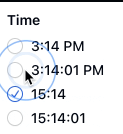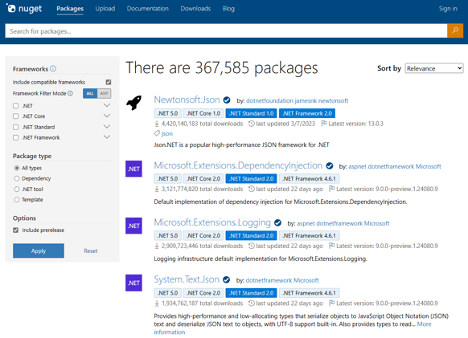

Read/Inspect and contribute to FOSS. They’ll be bigger and longer lived than small, personal, and experimental projects.
Study computer science.
Work, preferably in an environment with mentors, and long-/continuously-maintained projects.
Look at alternative approaches and ecosystems. Like .NET (very good docs and guidance), a functional programming language, Rust, or Web.
That being said, you ask about “should”, but I think if it’s useful for personal utilities that’s good enough as well. Depends on your interest, goals, wants, and where you want to go in the future.
For me, managing my clan servers and website, reading online, and contributing to FOSS were my biggest contributors to learning and expertise.









Huh? Are you claiming few people use NuGet?